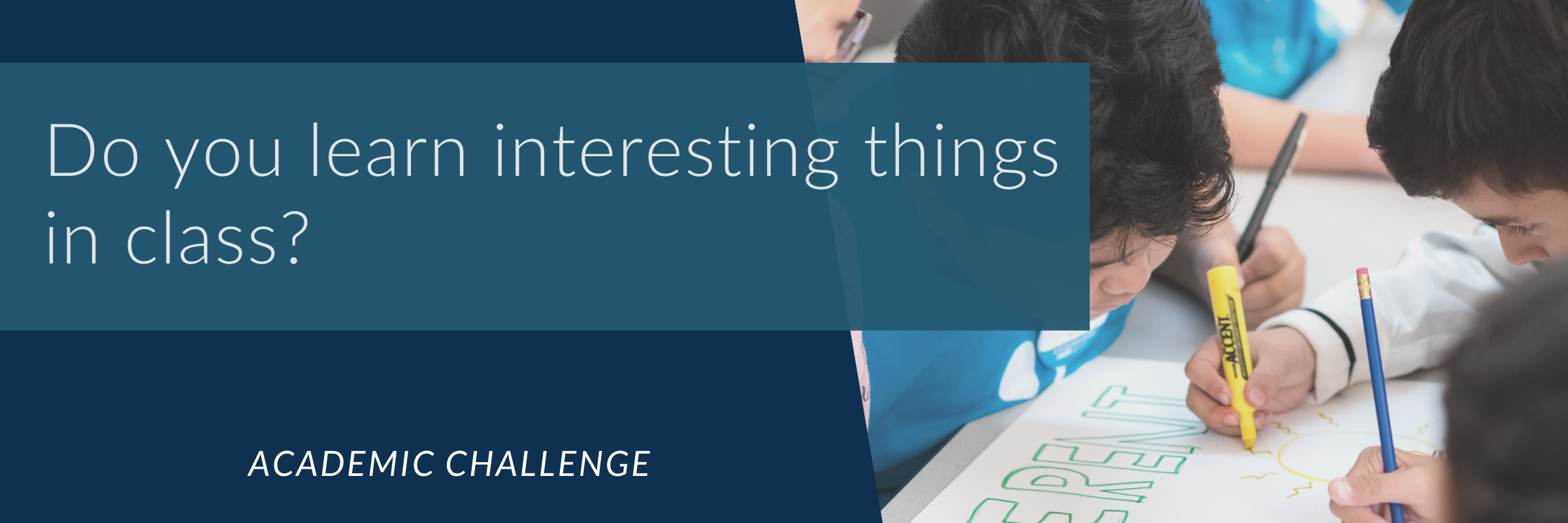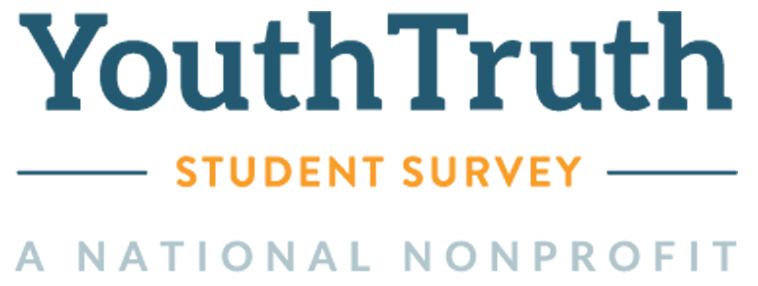
Why does it matter?
The question “Do you learn interesting things in class?” examines how successfully educators are at piquing students’ curiosity and leveraging topics that they connect with.
Inquiry-Based Learning
Inquiry-based learning is fueled by student interest and authentic real-world questions. Here’s a strategy that challenges students to investigate a topic and integrate prior knowledge with new information.
Connecting old knowledge to the new through inquiry charts
ReadWriteThink, the National Council of Teachers of English (NCTE) resource library and blog, brings us a research-based guide to inquiry charts. I-Charts can be used by individuals, small groups, or an entire class. In its most basic form, The Inquiry Chart (or I-Chart) is organized into three steps, each consisting of activities meant to engage and aid students in evaluating a given topic:
1) Planning
2) Interacting
3) Integrating/evaluation
